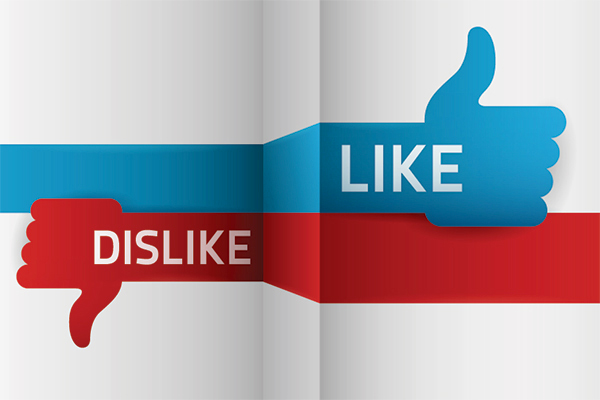80% of emails are a waste of time? I almost used that as a headline for a brief blog, and that's the statistic doing the rounds at the moment, but on closer inspection that 'statistic' looks like a guesstimate given to a journalist by a consultant with a vested interest in advertising his services....which is not to say he is not broadly correct(!).
"While email can sometimes be a quick and convenient way to gauge interest or disseminate information, it’s often not the best tool for the job, he said. About 20% of the time, we’re using email correctly – leveraging it to communicate across time zones or answer a well-defined question. But 80% of email traffic is “waste,” he said – stuff that’s useless or really requires a phone call or face-to-face discussion." - Andrew Killick.
While the context of that quotation should give us pause, there is some revealing research behind it. The main finding that struck me is that people in leadership positions in organisations appear to set the trend for how much email is sent and how well it is used and that rather than changing such behaviour by dictat, it might be just as effective to change their own email behaviour and lead by example.
The study by the University of Glasgow and Modeuro Consulting, which I found via The Mind Gym's President, Dr Sebastian Bailey on Twitter (@DrSebBailey), The Wall Street Journal and Harvard Business Review (so the word is out...) goes beyond the usual advice e.g. be careful who you CC, be clear in the initial email to avoid unnecessary follow-ups, think twice before forwarding something to keep people in the loop, you don't have to give one word responses like 'yes' or 'thanks', email volume may be inversely correlated with organisational trust since people feel obliged to leave a textual trail etc...).
The main point is about how hierarchy shapes organisational norms:
From the HBR piece: "The main reason our e-mail in-boxes consume so much of our time is that we have little control over how many messages we receive. But we can control how many messages we send. That seemingly obvious insight sparked a significant reduction in one company’s e-mail traffic: After the executives reduced their output, other workers followed suit."
From the Wall Street Journal piece: "The initiative, (revealing how much of email is waste) led to a 54% drop in the number of emails sent by the executive team. The company’s 73 other London-based employees began following suit, even though they hadn’t received specific instructions. Their drop in output was 64%. Ultimately, the company gained 10,400 hours annually, freeing them up to work on bigger, more important projects.
So if there is a take home message here it may be the one we intuitively know already but struggle to put into practice. Some emails are good because we choose not to send them, but perhaps our most productive emails are the ones we choose not to write at all.
Follow @jonathan_rowson
Related articles
-
How can we give up bad habits for good?
Ian Burbidge
With the post-Christmas resolutions looming, when we try to address the worst of our seasonal over-indulgences, the question remains: how can we give up bad habits for good?
-
Why fake news doesn't swing elections
Tony Greenham
Fake news doesn’t swing elections, but neither does ‘truth’. We have always filtered new information to fit our existing prejudices. The real danger to our democracy is not an absence of truth, but an absence of trust.
-
Tell me a story? Or give me the figures?
Nathalie Spencer
What is the best way to influence stakeholders and generate change? Different approaches to generating change have different strengths, when should each be used to the best effect?




Join the discussion
Comments
Please login to post a comment or reply
Don't have an account? Click here to register.
I have found email is not being used correctly creating inefficiencies and frustration. About 4 months ago I made a conscious decision to use face-to-face meetings and phone conversations.....it is saving a lot of time and we are getting things done right the first time.
I read recently the average North American worker spends 35% of a working day handling email - insane waste of time. Great article, to state change must come from the top is obvious - but desperately needed!
Great blog from @jonathan_rowson about emails. Here's some poetic evidence: http://www.inspirationalstorie...
I emailed this to my boss.